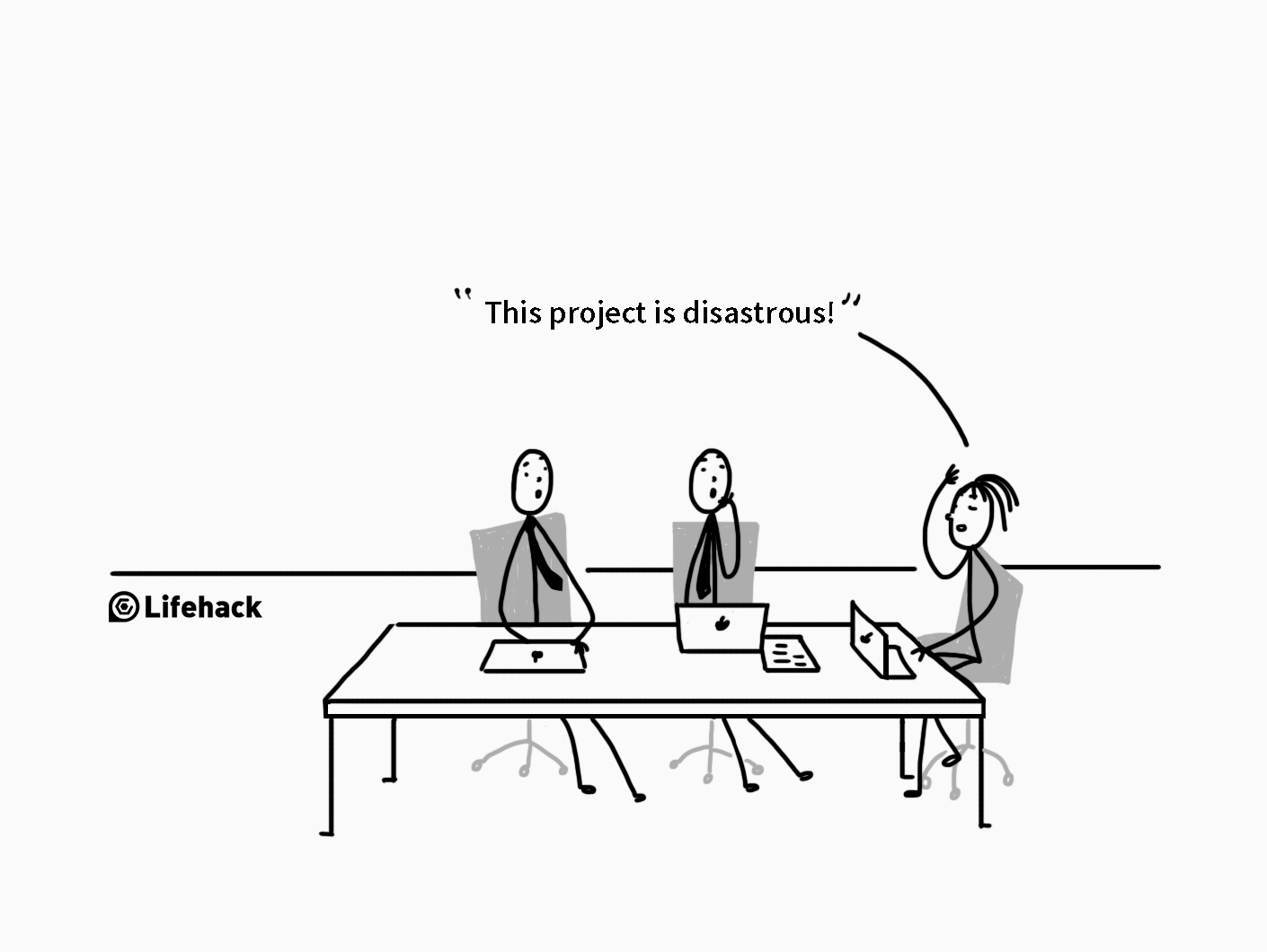Ask any parent what their #1 pet peeve is, and they’ll probably tell you it’s their children whining. From a young age, we are taught not to complain and that whining is bad. However, we are also taught that it is important to “speak your mind,” and not let others quiet your opinion. So where do we define the difference? While we can all likely agree that people who complain are not people we would prefer to spend time with, the average person has been found to complain anywhere from 15-30 times per day.[1]
While at first that number may seem unimaginable, think about how simple it is to complain about something. “I’m hot,” “I’m bored,” “These shoes are so uncomfortable,” are all thoughts we may voice throughout the day simply out of the habit of speaking our minds. While we may not think of it as complaining per se, the aforementioned “thoughts” and things as simple as talking about dislikes regarding a person, place, or thing are all complaints.
We speak our mind to seek validation
For the most part, we whine about something because we are facing a challenge. Maybe your co-worker isn’t pulling his weight on a project, or perhaps a waiter was rude and didn’t provide very good service.
When we face a problem or situation in which we are unsatisfied, we want to vent in order to find some kind of solution. By vocally addressing the problem, we think we are on the fast track to remedying the situation.
Humans are wired to want validation, complaining can do that. As social animals, we as humans need to be accepted and validated in order to live in a group and survive.[2] Sometimes we complain, not to irritate the listener, but rather in an attempt to find validation and have that person agree with us. When you complain about something and find that others share your opinion, you have a sense of relief in knowing others are suffering in the same way, and you all feel the same way about it. It’s the same reason we will often voice the same concern to each friend until we find the person who agrees with us; when we aren’t being validated, we instead feel we are being judged for having the opinion in the first place.
But no one likes a whiner
While it may feel good to you to vent about things you dislike or ramble on about a concern that only pertains to you, the people around you aren’t sharing that feeling.
Think about your social media timeline, we all have that one friend who uses their status to complain about something. It’s usually personal, familial or subtext-related and has no business on social media. However, if you click on the comments, you’ll find plenty of people saying things like, “I’m so sorry you’re going through this! Let me know how I can help,” and “I know how you feel. I’m here if you need to talk.” Because of the few supporters, that person won’t stop, but you and other like-minded people are likely to hide his or her updates from your feed.
See, if you insist on “speaking your mind” all the time, you will find yourself in a situation where almost everyone hates you, or at least what you have to say.
And it has nothing to do with validity. Your complaint could be true and well-worded, but truth isn’t always something people like to be faced with. So the more you shove it in their faces, the more likely they are to reject it and ultimately reject you. Not surprisingly, this is a snowball effect in which your reputation ultimately gets affected because people see you as a complainer, and not a contributor to change.
Speak your mind only when you plan to contribute
Whatever you aren’t satisfied with, it could be a problem. Any problem is the source of an idea, and an idea needs execution.
While you could whine about a very real issue all day long, simply talking about it isn’t going to fix it, nor will it inspire others to do anything about it. While your complaint undoubtedly started from recognizing a problem and wanting to improve it, simply thinking of or talking about improving something doesn’t change anything. No matter how loud you yell, talking and doing are different things.
Here at Lifehack, we want you to be opinionated. We want you to change the world! And yes, we want you to speak your mind. However, you should only talk if you’ve already processed the situation and thought about the actions you want to take. Bite your tongue if you have no idea how to make things better.
Here’s a cheat sheet:
- Do bring up the issue if it’s something you have the ability to improve or even fix. And if you can’t do it on your own, propose solutions or ways to handle it to those who would be willing.
- Do bring up the issue if you’ve thought about it first.
- Don’t bring up the issue if it’s something out of your ability to fix – this would be the equivalent of complaining about it. Instead think about who to tell and tell them the ideal results you want to see.
- Don’t just speak out and complain right away after you spot a problem, because remember, truths are hard to accept (especially the harsh truths).
At the end of the day, there’s a big difference in recognizing a problem and striving to resolve it, and seeing an issue and complaining about it. Think things through and don’t speak without thinking. Let us know how you plan to start!
Featured photo credit: Colorbox via colourbox.com
Reference
| [1] | ^ | Act for Libraries: Psychology of Complaining Reasons why People Complain |
| [2] | ^ | Ragsnair: Why Do We Seek Validation and Approval? |















































